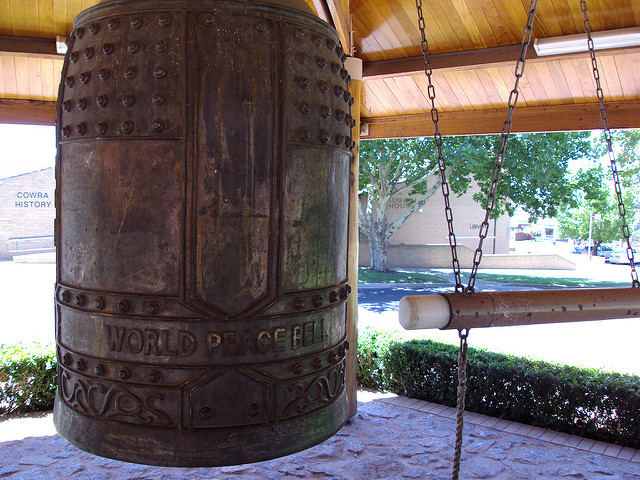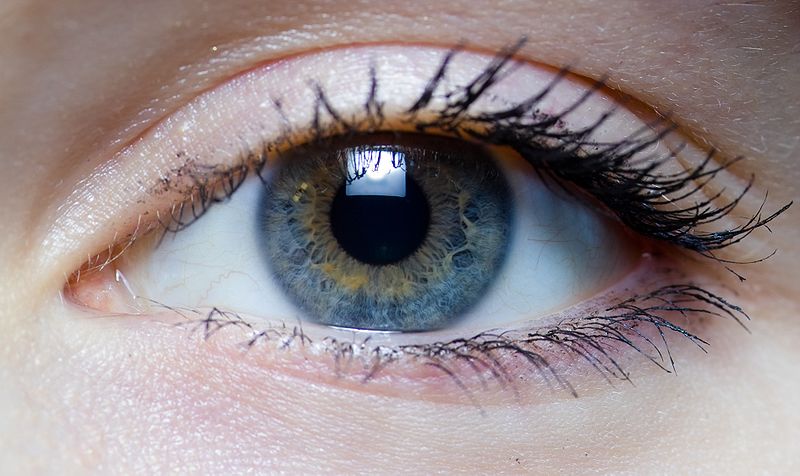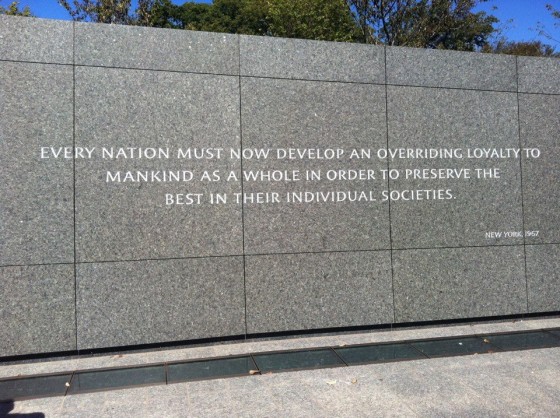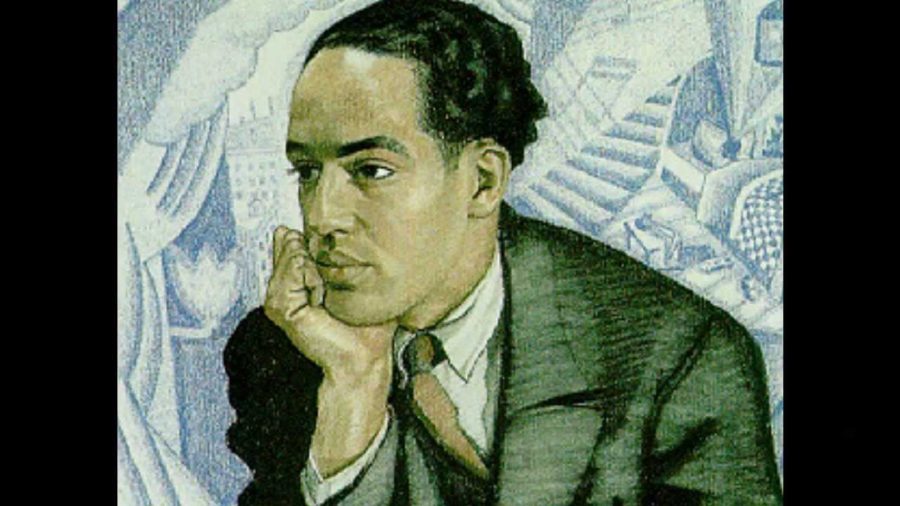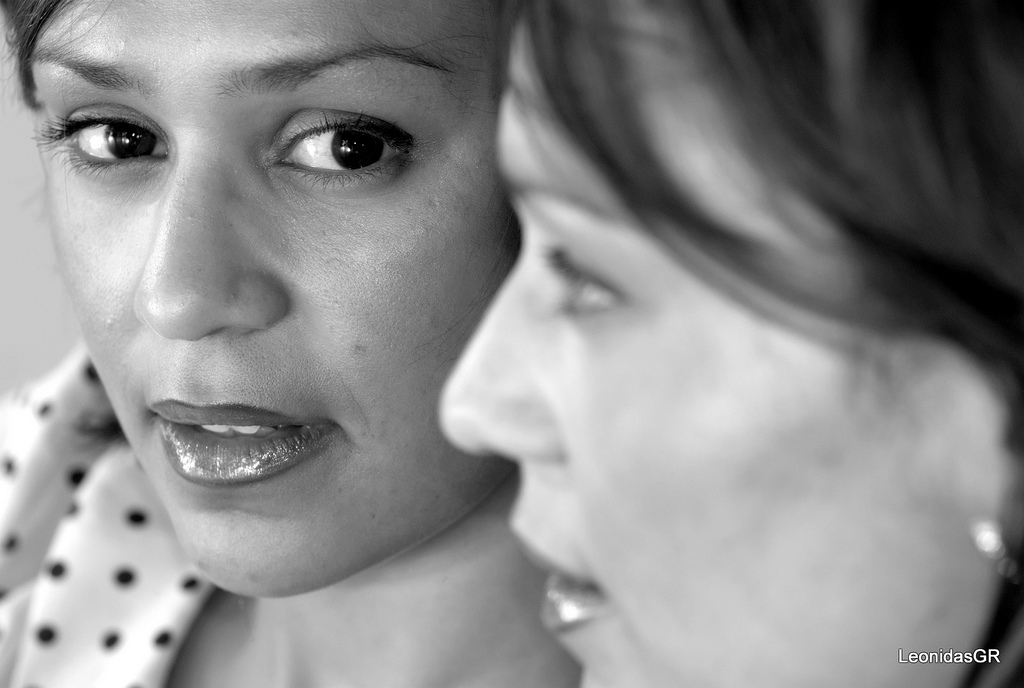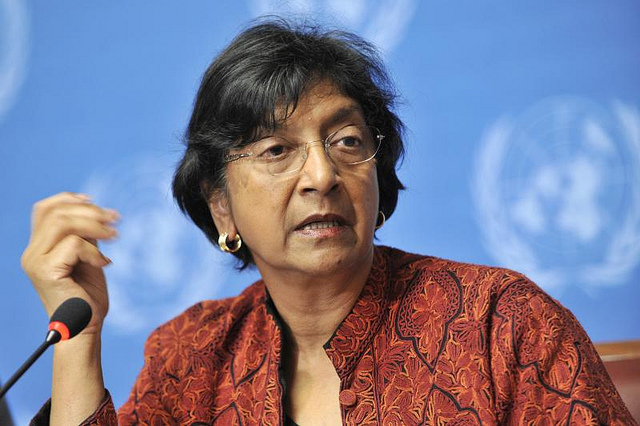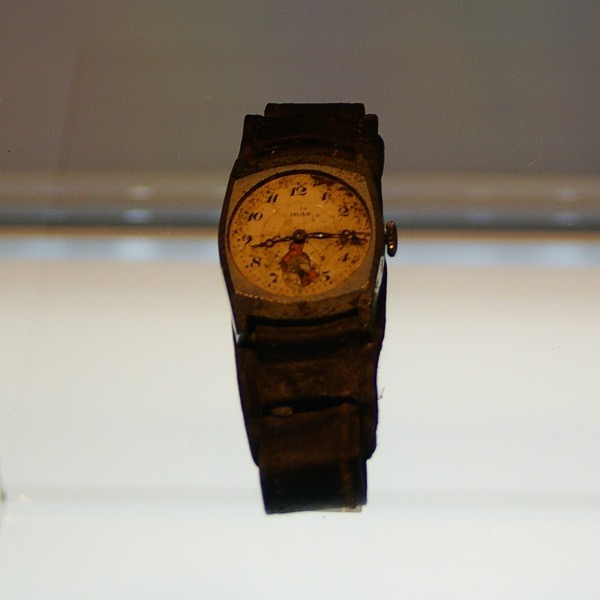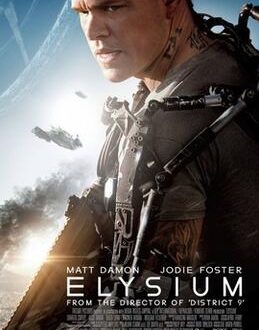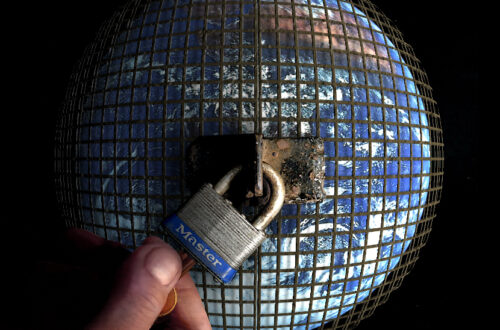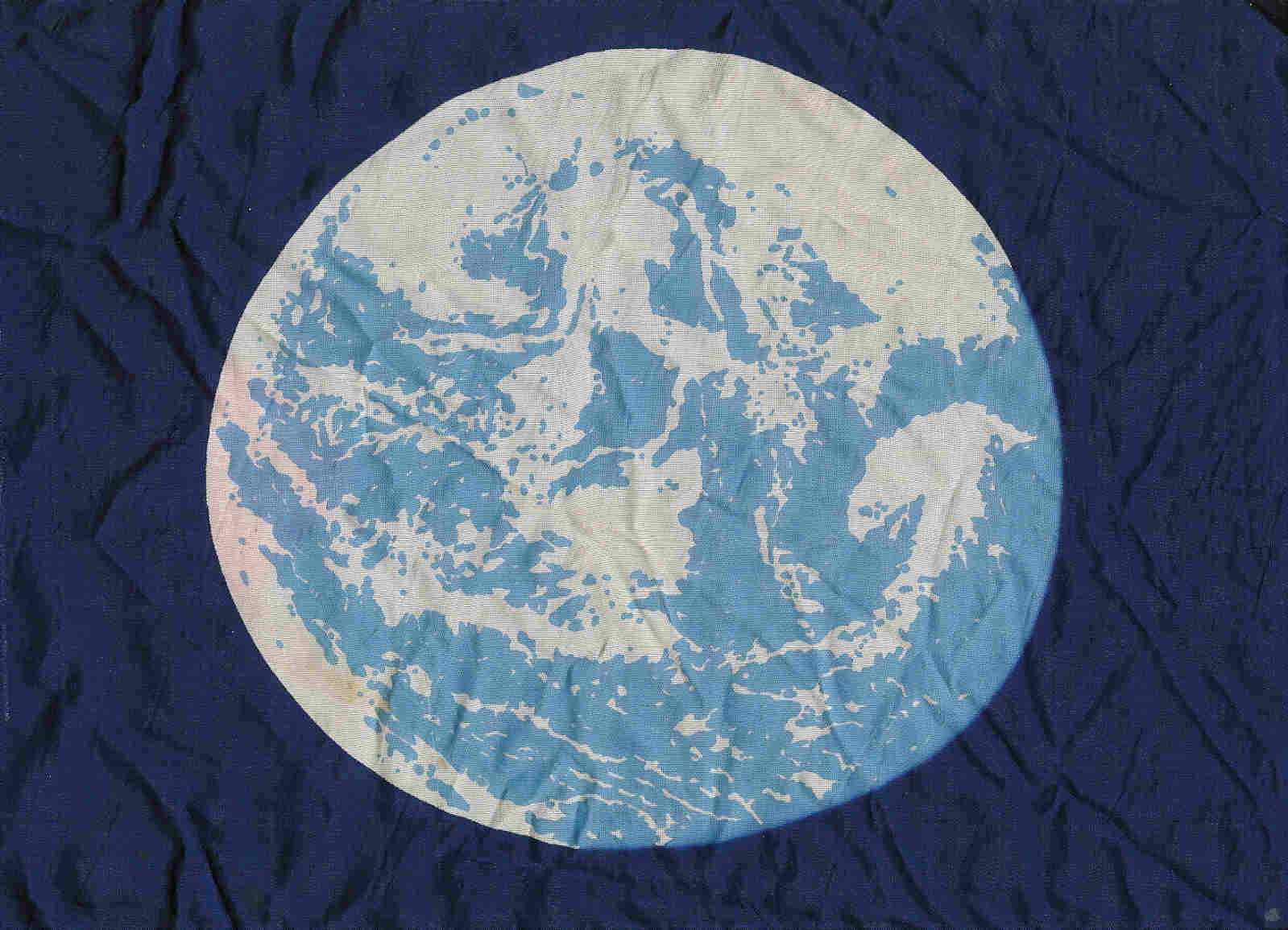foreignness
Much of what is published on this site relates directly to the question of foreigness: or thinking of people as being "foreigners". Because of its pervasiveness it is important to challenge the assumption that it is OK to treat non-citizens differently - that they are somehow less entitled to human rights. Many articles explore how we unconsciously think in this way.
-
Martin Luther King and Non-violence (Part 3 of 4)
Martin Luther King thought deeply about the best methods to use to overcome the injustices facing African Americans. This in itself is an important observation. It is appropriate for us in the 21st century to also think deeply about questions of method. His speeches frequently describe and defend nonviolence as the method he felt was both effective and moral for the issues on which he worked. Sometimes the description was in response to criticism of the method as “too extreme”, at other times it was to reject the violence advocated by some. His explanations were patient and detailed. The basic steps of the method are outlined to his fellow ministers…
-
Martin Luther King Civil Rights Leader and Peace Advocate (Part 1 of 4)
Martin Luther King, Jr. gave his life for the poor of the world, the garbage workers of Memphis and the peasants of Vietnam. The day that Negro people and others in bondage are truly free, on the day want is abolished, on the day wars are no more, on that day I know my husband will rest in a long-deserved peace.—Coretta King This article is part of a series on human rights forebears. Rev. Dr. Martin Luther King Jr lived a life beyond the ordinary and writing about him is challenging. His life made the world that came after him better. This article will not do justice to his contribution.…
-
Try finding peace
The world seems to be searching for peace at the moment; but seems to be having a hard time finding it. At least, this is what you may come to believe if you follow the news. Maybe we’re looking in the wrong places. Have you every tried to search for “peace” news? Scan either the Google or Bing news feed for “peace” and for page after page mostly what you find is “war”. So by “peace” we seem to mean “war”. No wonder we’re having a hard time finding peace. Of course these search engines are just mirrors of ourselves. The engines prioritise news about war against peace searches, because…
-
The Hundred Foot Journey
The Hundred Foot Journey, plays out against a physically short distance, yet the distance that keeps the people involved apart, is vast. The movie tells the story of a meeting between two cooking cultures: Indian and French. Both are proud of their cooking traditions. An Indian family, displaced some time before to England by political violence in their home country, seeks out a new life across the channel in Europe. A chance car breakdown takes them to an idyllic French town; where they find the food ingredients with the flavours they are seeking. Their arrival sparks a competition between cooking cultures and rival restaurants. Four characters are at the heart…
-
Peace poetry: no borders exist, dividing up the sky
It seems better to remember peace than dwell on war. These verses are examples of poetry from around the world which express an aspiration for peace. It was our hope That all the world’s oceans Be joined in peace So why do the winds and waves Now rise up in angry rage? No lines exist Which sector off the sky So high above Though the nations of this earth Are all bound by borders. I still remember those days of peace — Twenty years among mountains and forests, The pure stream running past my yard, The caves and valleys at my door. I dream of a wave of peace A…
-
A refugee journey out of endless war
The anonymous words below come from the reflections of a young person who arrived in Australia as a refugee. She was when she wrote in Australian immigration detention. Her words were submitted to the national inquiry currently being undertaken by Australian Human Rights Commission into children in immigration detention. Links to national inquiry and her full submissions are provided below. Her story tells a refugee journey out of endless war. I am a young Somali girl who face hardest moment in life. I am 18 years old. I was born in Somalia where horror was basic need in our everyday life. I am a simple person who hides a thousands…
-
Belle
Humans are complex beings. The movie “Belle” (director Amma Assante) explores human complexity, particularly as it manifests in everyday human relationships. The movie is set in the late eighteenth century at the height of the transatlantic slave trade. Dido Elizabeth Belle (played by Gugu Mbatha-Raw) is the central character of the movie. She was born into slavery, but her father, Captain John Lindsay, was the nephew of the Lord Chief Justice William Murray (Earl of Mansfield). By this chance of fate, Dido escaped a life of slavery and was brought up instead in British high society – as part of the Lord Chief Justice’s household. The movie explores what life may…
-
Hiroshima
An old eucalyptus tree grows in the ruins of Hiroshima Castle. Although only 750 metres from ground zero when the atomic bomb was dropped on Hiroshima at 8.15 am on 6 August 1945, the eucalyptus tree survived and still lives. All around it for miles about was destroyed. Warfare has not been central to the discussion that has unfolded on this site, but it cannot be ignored. It is only foreigners or rebels that we kill in war. To label someone a foreigner is potentiality or in reality a licence to deprive them of life in “the national interest”. Moreover the logic of war provides a licence to deprive our…
-
Gattaca dystopia: future, present or the past?
It’s hard to work out if the 1997 movie Gattaca presents a vision of triumph or failure of humanity. It presents a dystopian future which echoes the dystopian elements of our present and past. In this future, people are judged solely by their genetic scorecard. Those whose parents do not engineer them for success before birth are marked out as an underclass fit only for menial tasks. Those who try to cross the genetic border are ‘de-generates’ and ‘invalids’ – a criminal other. The “genoism” (discrimination) that arises from the use of genes to judge human worth, echoes the race science of Nazism and early 20th century eugenics in…


